Turkey and Cyprus: Unraveling the Complex Relationship and Regional Implications
The historical and geopolitical relationship between Turkey and Cyprus has been a subject of intrigue and contention for decades. The island of Cyprus, located in the Eastern Mediterranean, has witnessed numerous conflicts, diplomatic endeavors, and unresolved disputes involving Turkey, Cyprus itself, and the international community. From territorial claims and political maneuverings to the pursuit of energy resources, the dynamics between Turkey and Cyprus have far-reaching implications for the region's stability and international relations.
This comprehensive analysis delves into the historical backdrop, key issues, recent developments, and the broader implications of the Turkey-Cyprus relationship. By examining the complexities at play, we aim to shed light on this critical issue that continues to shape the geopolitical landscape in the Eastern Mediterranean.
Historical Context:
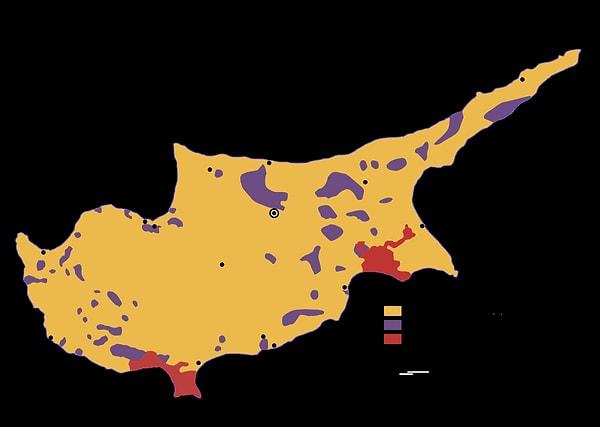
The roots of the Turkey-Cyprus conflict can be traced back to the Ottoman Empire's rule over Cyprus for over three centuries until it was ceded to the British Empire in 1878. The British then annexed the island in 1914, following the outbreak of World War I. During this time, tensions between the Greek Cypriot majority and the Turkish Cypriot minority began to simmer, laying the groundwork for future disputes.
Cyprus Independence and Division:

Cyprus gained independence from the British in 1960, but ethnic divisions persisted. The Zurich and London Agreements of 1959 established the foundation for Cyprus' independence and the power-sharing structure between the Greek and Turkish Cypriots. However, these arrangements were fraught with tensions, leading to a series of violent inter-communal clashes in the early 1960s.
Turkish Invasion of Cyprus:

In 1974, following a coup d'état by Greek Cypriots aimed at unifying the island with Greece, Turkey intervened militarily, leading to the de facto partition of Cyprus. The northern third of the island came under Turkish control and established the self-proclaimed Turkish Republic of Northern Cyprus (TRNC), recognized only by Turkey. The southern two-thirds remained under the internationally recognized Republic of Cyprus.
The Cyprus Problem and UN Efforts:
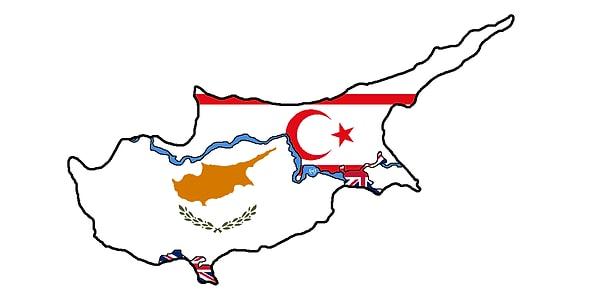
Since the 1974 division, numerous United Nations-led negotiations have attempted to find a solution to the Cyprus problem. The Annan Plan in 2004 aimed to reunify the island as a bi-communal federation but was rejected by Greek Cypriots in a referendum. Subsequent efforts, while showing some promise, have yet to yield a comprehensive settlement.
Energy Exploration and Territorial Disputes:
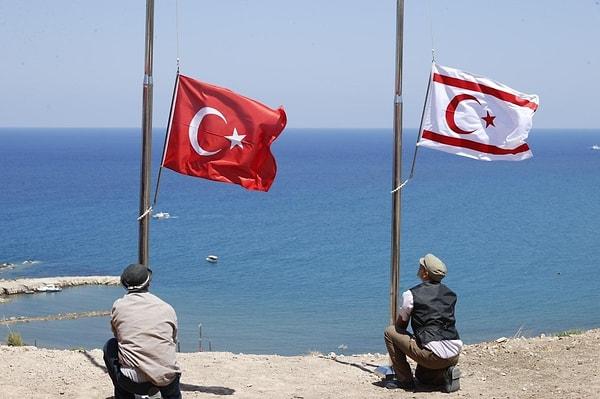
Recent years have seen increased tension between Turkey and Cyprus due to the discovery of significant offshore hydrocarbon reserves in the Eastern Mediterranean. Cyprus has undertaken exploration initiatives in its Exclusive Economic Zone (EEZ), which Turkey considers a violation of its rights and the rights of Turkish Cypriots. Turkey's government argues that it has a right to claim a share of the resources on behalf of the Turkish Cypriots.
VI. The Role of International Actors:
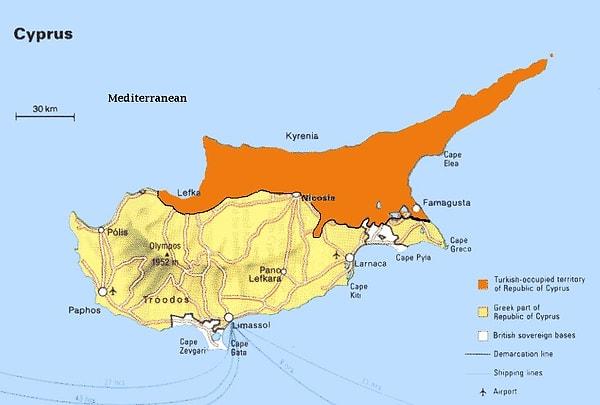
The conflict between Turkey and Cyprus has drawn the attention of various international actors, each with its own interests and stances. The European Union (EU) strongly supports the Republic of Cyprus as a member state and has imposed sanctions on Turkey in response to its exploration activities in Cypriot waters. On the other hand, Turkey maintains that the resources in the Eastern Mediterranean should be equitably shared among all relevant stakeholders.
Regional Implications:
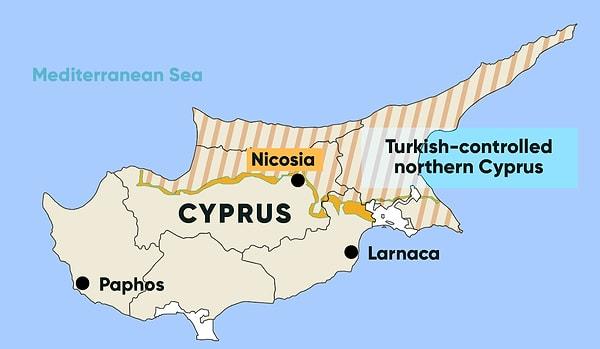
The Turkey-Cyprus dispute has broader implications for the Eastern Mediterranean region. It has contributed to escalating tensions between Turkey and Greece, both NATO members, as well as impacting relations between Turkey and the EU. Additionally, the situation affects regional stability and energy security concerns, as many countries in the area have vested interests in the energy resources found in the Mediterranean.
VIII. The Path to Resolution:
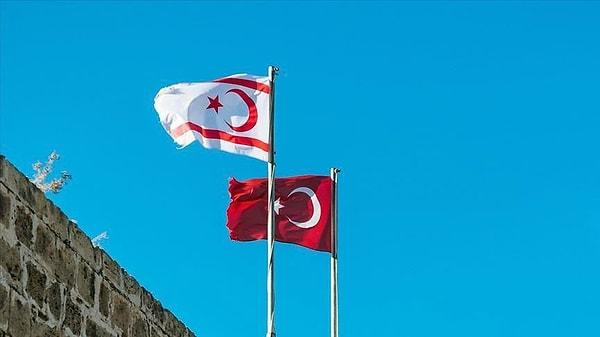
A lasting resolution to the Turkey-Cyprus conflict remains elusive but not unattainable. Building on past negotiation efforts, open dialogue and compromise between the involved parties are essential. The international community's role in mediating and facilitating talks cannot be understated, as impartial support could pave the way for progress.

Send Comment